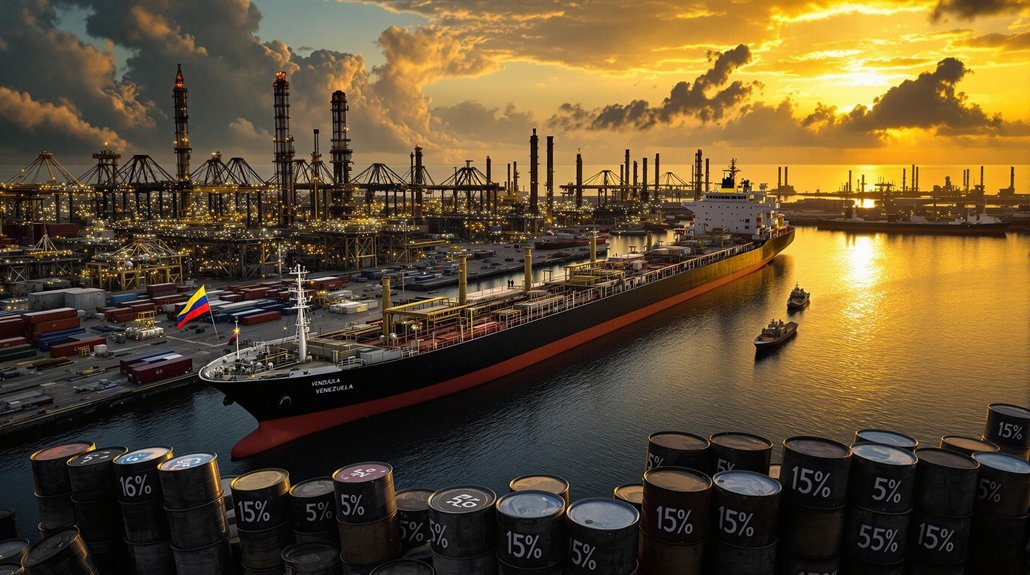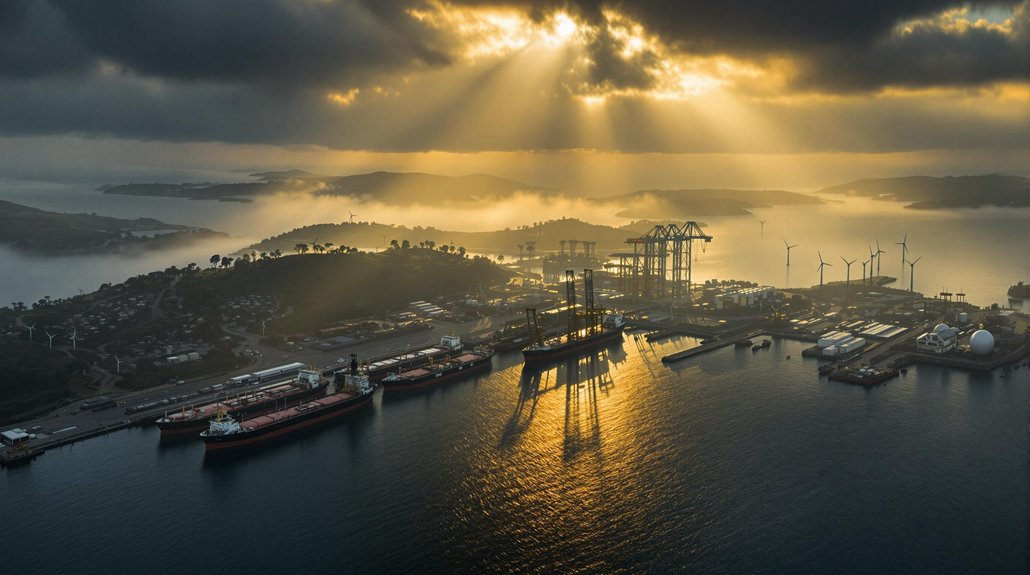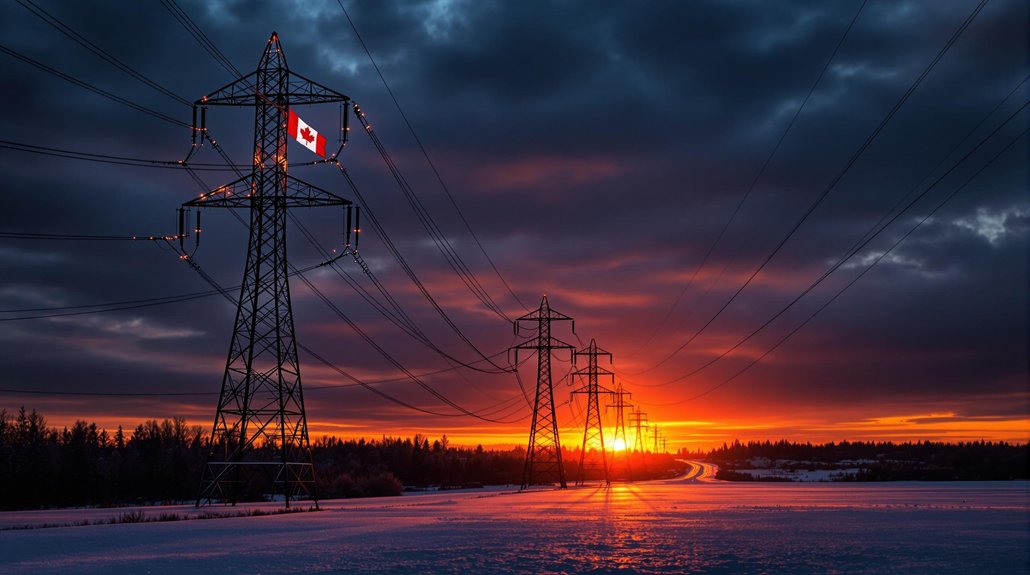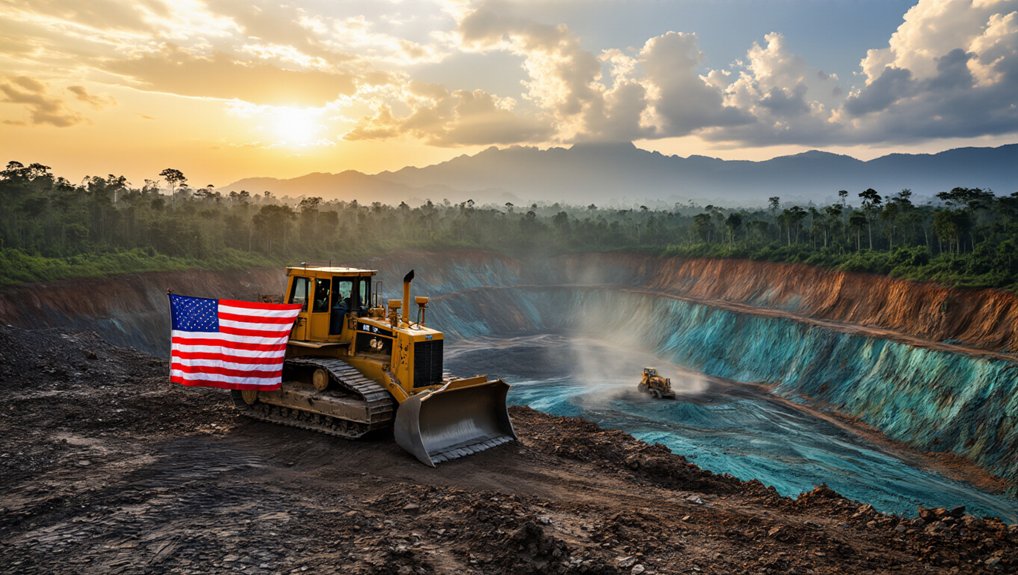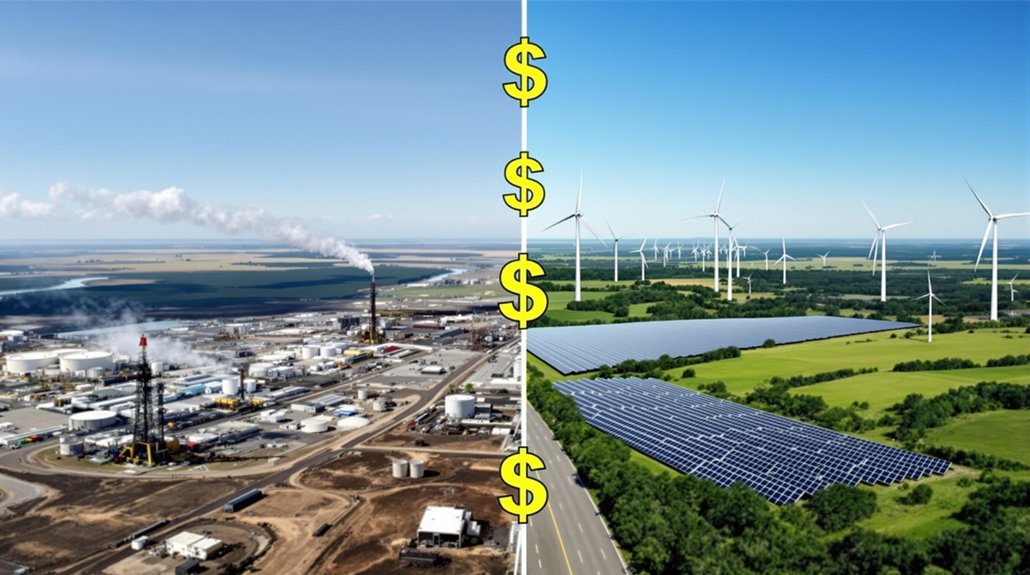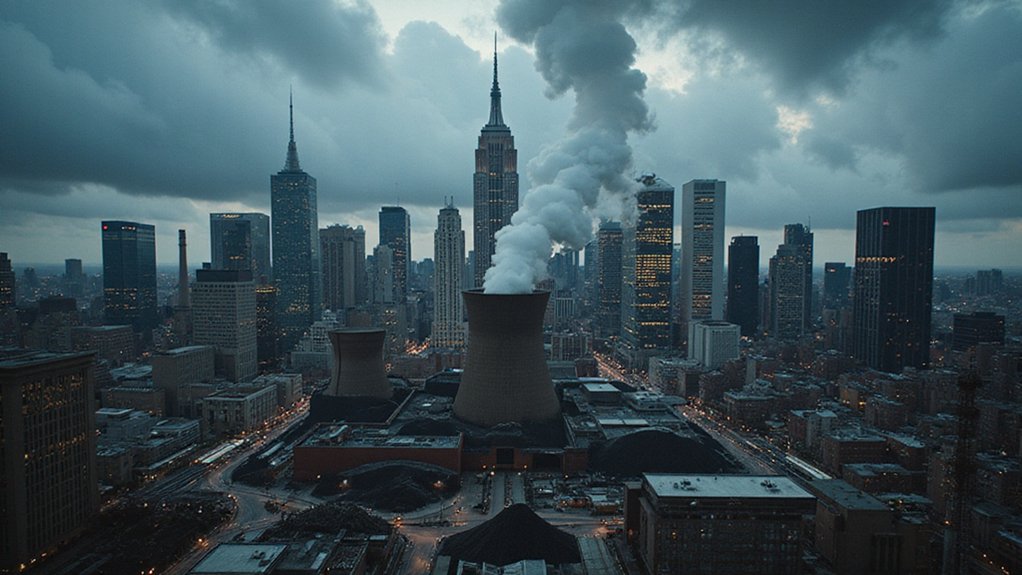Trump dropped a bombshell, announcing a 25% tariff on countries buying Venezuelan oil, effective April 2. Major targets include China (68% of purchases), India, Spain, Italy, and Cuba. Oil markets reacted instantly—WTI futures jumped to $69.11. Maduro called it “illegal” while China expressed “strong discontent.” The move reverses Biden’s easing of sanctions. Venezuela sits on massive oil reserves but can barely produce. The economic ripples? Just wait.
In a stunning move that sent ripples through global oil markets, former President Donald Trump announced a sweeping 25% tariff on countries importing Venezuelan oil and gas. The bombshell came via a Truth Social post on March 24, 2025, with Trump declaring April 2 as “Liberation Day in America” when the tariffs take effect. His reasoning? Venezuela’s hostility toward the United States. Simple as that.
The tariffs target major Venezuelan oil buyers, with China leading the pack at a whopping 68% of purchases in 2023. India, Spain, Italy, and Cuba are also in the crosshairs. Even the U.S. isn’t immune, having imported 8.6 million barrels in January 2025.
And don’t think using middlemen will help—the tariffs apply to indirect purchases too. Nice try.
Oil markets reacted immediately. WTI futures jumped to $69.11 per barrel, while Brent crude hit $73—the highest prices since March 3. It’s amazing what a single social media post can do these days.
Venezuela, despite having the world’s largest proven oil reserves, exports just 850,000 barrels daily. Years of sanctions have crippled their production capacity. PDVSA, their state oil company, can barely keep the lights on due to equipment shortages.
This policy marks a complete 180 from the Biden administration‘s approach of easing sanctions. Chevron still has a license to operate there until May 27, but the clock is ticking. Trump’s linking the move to illegal immigration and gang activity—part of his broader “America First” trade stance. Trump also announced secondary tariffs targeting Venezuela for harboring the Chandagua gang. The announcement serves as direct notification to the Department of Homeland Security for coordinated enforcement.
International reaction was swift and predictable. Maduro called it an “arbitrary, illegal, and desperate measure.” China’s fuming. European alcohol producers are sweating over potential $13 billion impacts.
Retaliatory measures? Count on it.
While Trump claims the tariffs will boost domestic manufacturing, economists warn of increased inflation and hampered global growth. Markets initially liked the focused approach, but reality set in as the S&P 500 declined over trade conflict concerns. Funny how that works.
